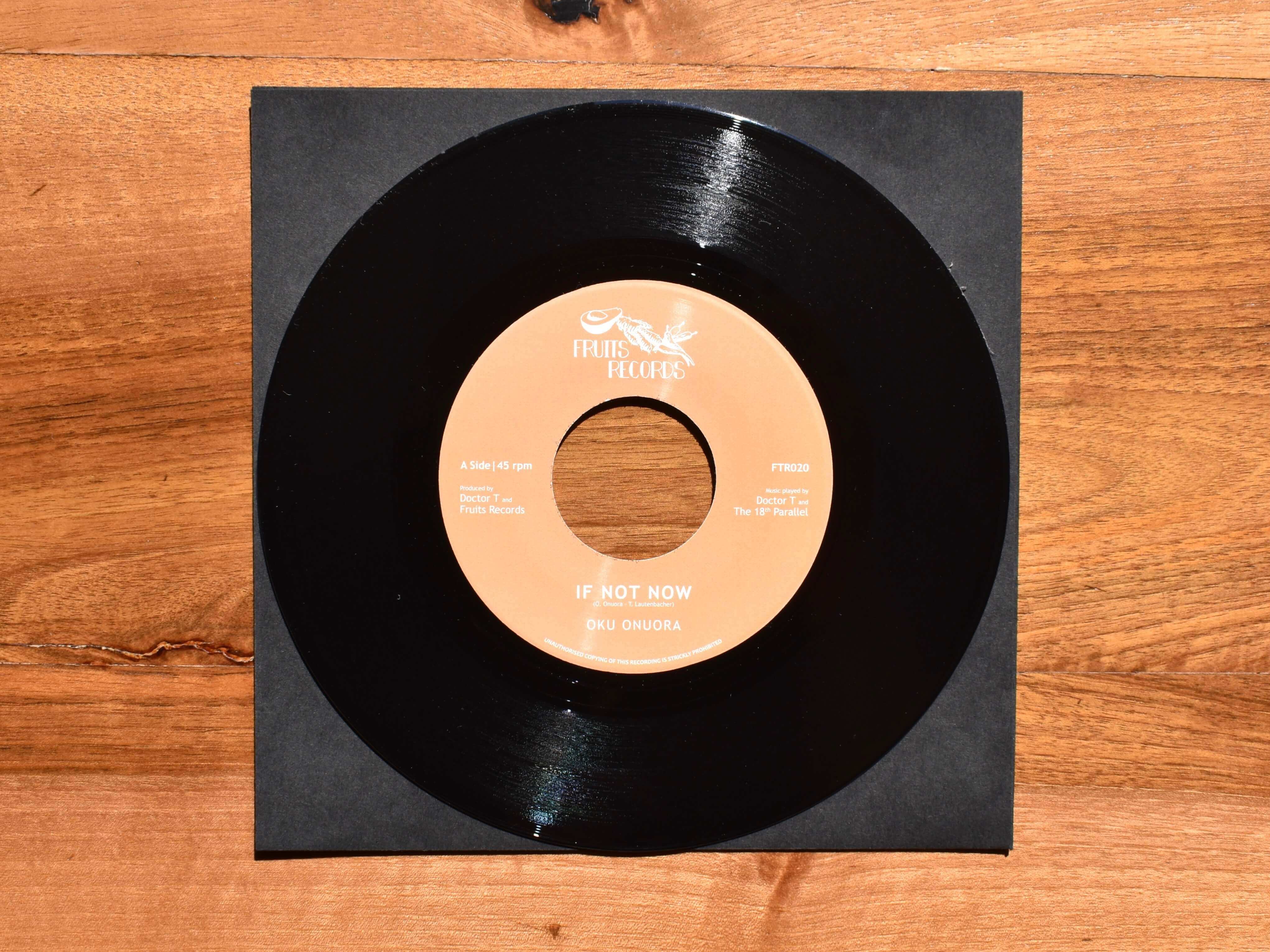Have you ever wondered who helps your favorite artists get their amazing songs out into the world? It's almost certainly a record label, you know, those companies that stand behind the music. These businesses are quite important in the way music reaches our ears, handling so much more than just putting a song on a disc. They are, in a way, the backbone for many artists trying to make their mark.
These music companies, as a matter of fact, are a brand or a specific trademark for recorded music and music videos. They are also the actual company that holds the ownership of these creative works. From discovering fresh talent to crafting sounds that become truly iconic, these groups have had a really big impact on the history of music, shaping what we listen to.
So, what do these companies actually do? They make agreements with artists to produce, promote, and share music. By putting money into this whole cycle of making and releasing songs, the label stays profitable, and it helps the artists get their work heard. It's a rather significant part of how music gets from a studio to your headphones, you see.
Table of Contents
- What Are Record Labels, Really?
- The Core Work of Record Labels
- Who Are the Big Players in the Music World?
- Beyond the Giants: Independent Record Labels
- The Business Side of Music: Industry Size and Growth
- Finding Your Way: Lists and Databases of Labels
- Why Artists Connect with Record Labels
- Common Questions About Record Labels
What Are Record Labels, Really?
A record label, or sometimes called a record company, is essentially a specific brand or a registered mark for music recordings and for music videos. It could also mean the company that owns that particular brand or mark. These are the businesses that, basically, make arrangements with music creators to bring their art to life, get it noticed, and then send it out into the world.
They are companies that take on the responsibility of making deals with artists. This means they are involved in the entire process of getting music made, getting it promoted to the public, and then getting it distributed so people can hear it. It's a pretty involved process, and the label plays a central part in it, you know.
By investing their resources into this cycle of creating and releasing music, the label aims to remain financially strong while also giving a helping hand to the artists they work with. This system, in a way, allows both the business and the creative talent to thrive. It’s a give and take, you could say.
- Chapel From Return To Amish
- Stephanie Ruhle Plastic Surgery
- Patio Sectional Cushions
- What Goes With Red Pants
- Miss Juicy Lucy
The Core Work of Record Labels
Record labels have several key jobs they take on for the artists they sign. They are, for instance, the music companies that handle the oversight and publicity for the musicians under their wing. This means they are very much involved in guiding an artist's career path in the music business.
They also take care of the money matters and the legal bits of getting music published. This includes, rather importantly, securing the copyrights for the music. So, they deal with all the necessary paperwork and financial planning that comes with releasing songs, which is quite a lot, actually.
Record labels play a really important part in the whole music business. They help artists make their tunes, get them out there, and then tell people about them. They've put together a rather extensive selection of major and very important labels, which is quite helpful for anyone looking into the industry, you know.
Who Are the Big Players in the Music World?
The music business is, in a way, largely influenced by three very big record labels. These are often called the "Big Three." Universal Music Group, Sony Music Entertainment, and Warner Music Group are, by far, the biggest music companies on the planet. They are rather dominant in the industry, it seems.
These three groups, consisting of many smaller labels, pretty much control a huge portion of the recorded music business. To be honest, they account for about 80% of the entire recorded music industry. That's a very large piece of the pie, you know, showing their significant influence.
Universal Music Group, for example, is recognized as the world's top music company. Interscope Records, an American record label, is owned by them, which is just one instance of how these large groups operate by having many smaller labels under their umbrella. It's a rather intricate setup, you see.
Beyond the Giants: Independent Record Labels
While the "Big Three" certainly get a lot of attention, there are also many independent music companies around the globe. These smaller labels are also very important parts of the music scene. You can find a rather comprehensive resource that points out record labels across many different music styles, showing both the big industry leaders and these independent groups worldwide.
You can find out about all sorts of music companies around the world that are emerging globally through detailed guides. These guides show everything from the top major labels to the very best independent ones. So, it's not just about the biggest names; there are many places for artists to consider, too it's almost.
These smaller, independent labels often have a different approach, sometimes focusing on niche genres or building very close relationships with their artists. They contribute a lot to the variety and richness of music available. It's a rather diverse landscape out there, actually, with options for nearly every kind of musician.
The Business Side of Music: Industry Size and Growth
The record label business in the U.S. has a pretty significant market size. As of 2021, for instance, it was valued at $10.3 billion. That's a rather large amount of money, showing just how much activity happens in this field, you know.
More than 109 million albums are sold in the U.S. market, which is a very considerable number. The record label market is expected to keep growing, too. This suggests a healthy future for the business, with more music being bought and sold, which is pretty good news for artists and labels alike, in a way.
This growth means that the industry is still a very active and profitable one, constantly adapting to new ways people consume music. It shows that despite changes in how music is shared, the core business of record labels remains strong. You can learn more about music industry trends on our site, which is quite helpful.
Finding Your Way: Lists and Databases of Labels
For anyone looking to understand the breadth of the record label world, there are many helpful resources. There are, for instance, lists that cover various record labels, including their brands or the trademarks linked to selling music recordings and music videos. These lists are often set up in different ways, like alphabetically or by music type, which is rather convenient.
You can explore a list of more than 500 record labels that operate in the United States alone. And there's also a list of over 500 record labels working across the globe. These resources give a good look at some of the biggest labels worldwide, ranked by how much money they bring in, along with the artists they work with and the new ideas that keep them at the top, you know.
There's even a rather extensive collection of 2,247 record labels in a database. This database comes with advanced ways to search, contact details, daily updates through email, RSS feeds, and even feedback from users about the companies it features. This is a very comprehensive way to find out about labels, and you can also browse them to find new music, which is quite nice. You might also want to check out our detailed guide to music distribution.
Why Artists Connect with Record Labels
Record labels play a very important part in the music business. They help artists make, share, and promote their songs. If your band is starting to get popular in clubs, and you have a demo ready, you might be thinking about looking for a record label. It's a rather common next step for many musicians.
You can find out what record labels can do for you and learn about the differences between them. Some labels have helped launch the careers of the biggest stars in music. They can provide resources and connections that are often hard for independent artists to get on their own, which is a pretty big benefit, actually.
Labels manage and promote the artists they sign. They handle the money and legal parts of getting music out, including copyrighting. So, they take on a lot of the business burden, allowing artists to focus more on their creative work. This support can be very helpful for a musician trying to make a living from their art, you know.
Common Questions About Record Labels
Here are some questions people often ask about record labels:
What are the three biggest record labels?
The three biggest record labels in the world, often called the "Big Three," are Universal Music Group, Sony Music Entertainment, and Warner Music Group. These companies are by far the largest in the music business, and they control a significant portion of the recorded music industry, you know.
What is the biggest record label in the world?
Universal Music Group is considered the world's leading music company. They have a very large presence globally and own many smaller labels, making them the top player in terms of revenue and influence, which is quite impressive, actually.
How do record labels make money?
Record labels make money by investing in the creation, promotion, and sharing of music. They take a share of the profits from music sales, streaming, and other related income streams generated by the artists they sign. By supporting the release cycle, they keep their business profitable, which is how they sustain their operations, you see. For more industry insights, you can visit the RIAA website, which is a good source for music statistics.
- Rachel Weisz Photos
- January 25 2025 Planets Align Spiritual Meaning
- Morgan Happy Birthday
- Priyanka Quantico
- Jordan Wiseley Movies And Tv Shows


